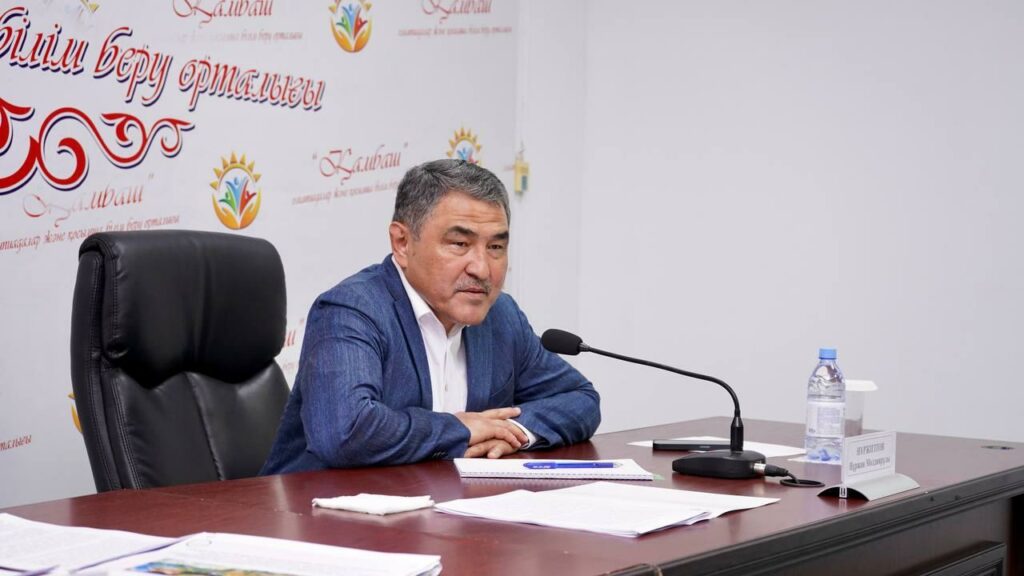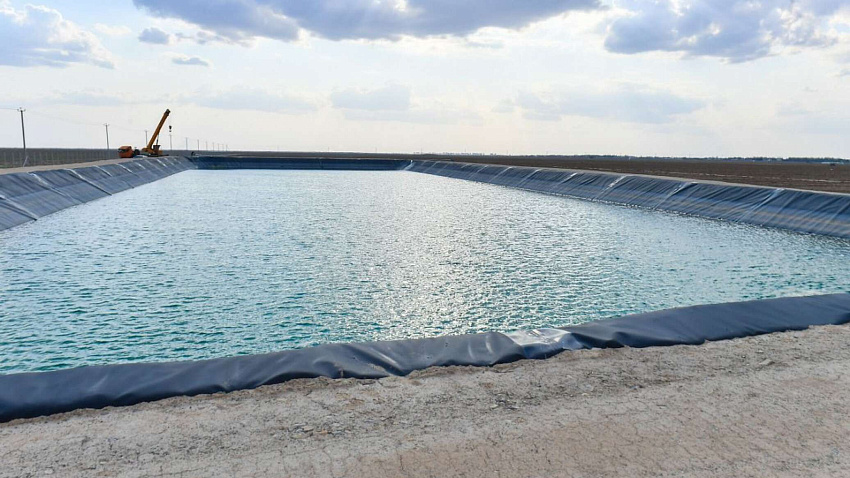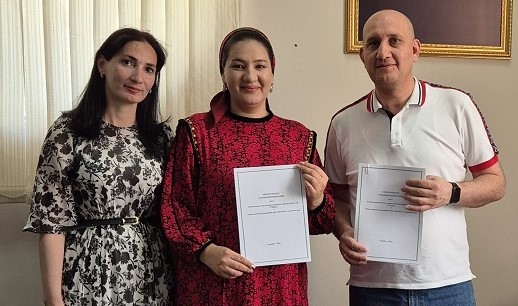The Country Climate and Development Report (CCDR) explores the interaction between climate action and the achievement of carbon neutrality by 2060 with Uzbekistan’s growth and development path. It suggests priority actions to reduce carbon emissions and build resilience while supporting inclusive economic growth and poverty reduction.
Uzbekistan is one of the most energy and resource-intensive countries in the world. With this resource-intensive economic model, the expected rapid population and economic growth will drive a significant increase in emissions, placing excessive strains on the country’s natural resources and ecosystems.
Moreover, unless action is taken on adaptation, climate change risks, including the implications of the Aral Sea ecological disaster, water scarcity, droughts, extreme heat, rainfall volatility, dust storms, and other climate change consequences, will have significant negative impacts on the well-being and health of people as well as growth prospects.
Without action on climate adaptation, Uzbekistan’s economy is predicted to be 10% smaller by 2050, resulting in significantly lower employment and household incomes.
Key recommendations of the CCDR include:
- Economy-wide reforms: The government should accelerate the current reform program to support greater business dynamism and private sector development and establish monitoring, reporting, and verification systems to facilitate the scale-up of climate projects. Strengthening financial and investment regulations will also be critical for promoting green investment and climate risk management. The government also could strengthen market incentives to reduce emissions, such as a carbon tax.
- Energy sector: Transitioning to a greener growth model and improving energy security in Uzbekistan requires promoting energy-efficient technologies, eliminating gas, electricity, and heating subsidies, and prioritizing domestic gas use for power generation and industry. Developing a competitive renewable energy sector and investing in energy infrastructure development are also critical.
- Water resources and irrigation management: Enhancing water resource management to cope with climate change in Uzbekistan involves promoting water-saving technologies and climate-aligned agricultural policies, transferring irrigation management to the private sector, introducing flexible water allocation mechanisms, and modernizing water infrastructure and accounting systems.
- Agriculture and land resources management: To attract investments in climate-smart agriculture, it is important to strengthen the land tenure security of local farmers, improve soil conservation practices, scale up climate-smart agriculture, and develop a clear roadmap underpinned by an investment plan to implement these actions.
- Air quality, urban development, and public transport: Uzbekistan will benefit from developing a national program for air quality improvement, green city master plans, urban mobility, and efficient public transport delivery that will curb GHG emissions, reduce congestion, and support climate adaptation measures.
- Human capital development: Uzbekistan will need to continue to strengthen its social protection system to safeguard the most vulnerable groups from climate-related risks, and expand on the quality of foundational and technical skills through education and training opportunities to prepare people for jobs generated by a green economy.
More at https://www.worldbank.org/en/country/uzbekistan/publication/ccdr



